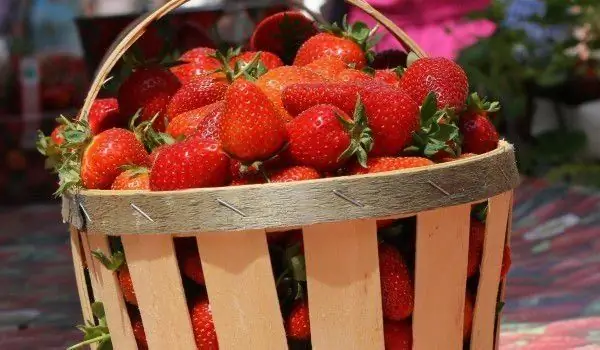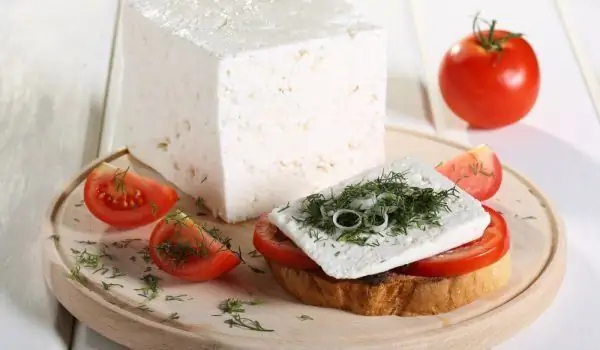2025 Author: Jasmine Walkman | [email protected]. Last modified: 2025-01-23 10:18
Statistics show that this year Bulgarians eat 30 percent more expensive cherries because of the heavy rains. Due to the torrents, honey is also expected to rise in price.
The earliest varieties of cherries have already been damaged, as heavy rains and hail destroyed thousands of acres of orchards.
Many of the first cherries had to be processed before they reached the market, with a purchase price of between 50 and 60 stotinki per kilogram.
This year the prices of cherries are 30% higher than last year. The data of the State Commission for Commodity Exchanges and Markets show that the kilogram of wholesale fruit was BGN 1.80, and this year the price has jumped to BGN 2.36.

In large retail chains, quality cherries are offered for BGN 3 per kilogram, and the price of large cherries reaches up to BGN 5 per kilogram.
Cheaper fruits can be found in the series on the market, as the price per kilogram reaches 2 levs, but most of the offered cherries are cracked.
Heavy rainfall and unusually cool weather this spring could also affect the price of honey.
The chairman of the Regional Beekeeping Organization in Varna - Yanko Yankov, said that the meteorological anomalies did not create conditions for flowering crops, and from there it led to a lack of nectar for bees.

According to the chairman, this will require an increase in honey prices this year. He also reminded that in recent years the number of bee families in the country has decreased by about 50%.
There are no bee diseases this year. The problem with the poisoning of the bee families in connection with the started spraying of the orchards and the agricultural production remains.
This year's results show that there are almost no conditions for honey and rapeseed production, with most beekeepers hoping for linden and sunflower yields.
This year, almost no honey yields have been obtained from the first grazing of bees, which has worried many workers in the industry.
Recommended:
Prices Of Cherries And Apricots Are Jumping Because Of The Rains

Bulgarian producers said that torrential rains this year destroyed much of the apricot and cherry crop, and the surviving fruit trees were treated with preparations. In order to enter the market, a large part of the Bulgarian cherries and apricots have undergone processing, which will require an increase in their prices.
Vanilla Is Becoming More Expensive, And Ice Cream Is Becoming More Expensive

Starting this summer, we can buy vanilla ice cream at higher prices due to the low yield of vanilla, which has significantly increased its price on international markets. Vanilla growers around the world warn that Madagascar, the world's largest exporter of vanilla, has registered the weakest crop in years.
Strawberries And Cherries Are Cheaper, Cheese Is More Expensive

The index of the State Commission on Commodity Exchanges shows that in just one week the cherries and strawberries on the domestic markets have registered a significant decrease in wholesale prices. The prices of Bulgarian strawberries have dropped from BGN 2.
We Eat Less And Less Native Cheese And More And More Gouda And Cheddar

The sale of white brined cheese in Bulgaria is much lower compared to the consumption in 2006, shows an analysis of the Institute of Agrarian Economics, quoted by the newspaper Trud. Consumption of yellow cheese in our country has also fallen.
Is Food Becoming More Expensive Because Of The Chains Act?

Domestic food producers warn that food prices could rise by up to 8 percent if changes to the Competition Act (now known as the Chains Act) are passed at first reading. According to the Association for Modern Trade, the changes in the law are aimed primarily at hypermarkets.

